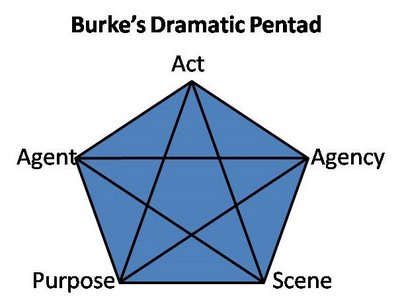Bin Laden Speech Archive discontinued
Two and a half year after the last update, it is hardly a surprise for anyone that I discontinue updating my complete list of Bin Laden speeches. I simply haven't been concentrating on the issue for a long time. Furthermore, others, like NEFA Foundation and MEMRI have been a bit better at systematising their coverage.
Initially, when I started the archive in 2004, I used it to be able to make a good comparative analysis of Bin Laden's evolution as a speaker. It has served that purpose on some occasions and has been used by others as well.
But besides being an indication of my shifting interests and my lack of attention to the blog, I also think that this is indicative of the decline of importance that Bin Laden is experiencing. I had the thought that should he actually start to appear with full interviews and talks-show apperances on Al Jazeera and CNN tomorrow, this wouldn't influence the direction of international Jihadism. His role is a historical one now, and without being a jihadism expert, I think his role as main inspiration for Islamists is largely over. That might be good, some would think, but actually I think that the war now has a thousand fathers and inspirators.
Labels: bin Laden, Rhetorical war



